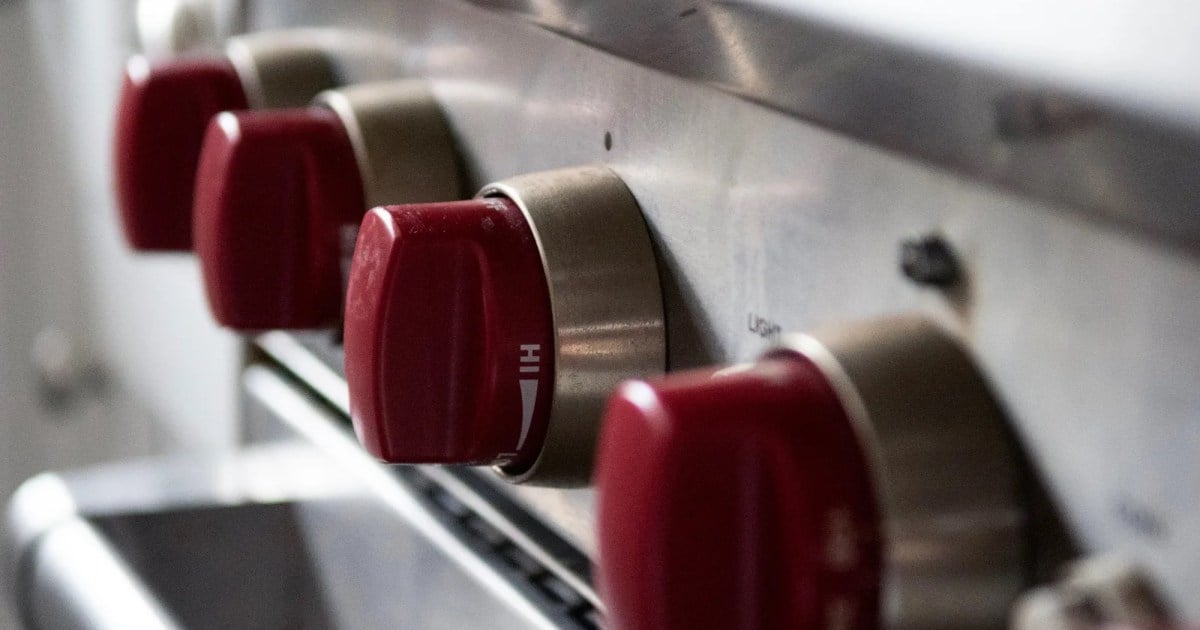244
Highlights: A study this summer found that using a single gas stove burner on
high can raise levels of cancer-causing benzene above what’s been observed from
secondhand smoke. A new investigation by NPR and the Climate Investigations
Center found that the gas industry tried to downplay the health risks of gas
stoves for decades, turning to many of the same public-relations tactics the
tobacco industry used to cover up the risks of smoking. Gas utilities even hired
some of the same PR firms and scientists that Big Tobacco did. Earlier this
year, an investigation from DeSmog showed that the industry understood the
hazards of gas appliances as far back as the 1970s and concealed what they knew
from the public. It’s a strategy that goes back as far back as 1972, according
to the most recent investigation. That year, the gas industry got advice from
Richard Darrow, who helped manufacture controversy around the health effects of
smoking as the lead for tobacco accounts at the public relations firm Hill +
Knowlton. At an American Gas Association conference, Darrow told utilities they
needed to respond to claims that gas appliances were polluting homes and shape
the narrative around the issue before critics got the chance. Scientists were
starting to discover that exposure to nitrogen dioxide—a pollutant emitted by
gas stoves—was linked to respiratory illnesses. So Darrow advised utilities to
“mount the massive, consistent, long-range public relations programs necessary
to cope with the problems.” These studies didn’t just confuse the public, but
also the federal government. When the Environmental Protection Agency assessed
the health effects of nitrogen dioxide pollution in 1982, its review included
five studies finding no evidence of problems—four of which were funded by the
gas industry, the Climate Investigations Center recently uncovered. Karen
Harbert, the American Gas Association’s CEO, acknowledged that the gas industry
has “collaborated” with researchers to “inform and educate regulators about the
safety of gas cooking appliances.” Harbert claimed that the available science
“does not provide sufficient or consistent evidence demonstrating chronic health
hazards from natural gas ranges”—a line that should sound familiar by now.
omg, is this for real? weird how recent conspiracy rumbling about gvmnt taking away gas stoves may have been covering for a real conspiracy. First I’ve read about benzene in stove fumes. Like cooking w/gas



This article was posted on another community yesterday. Most of the comments were about how awesome gas is and how crappy electric is.
In my adult life I’d always had electric stoves, and they were fine. Two years ago I bought a house with a gas stove and I was so excited because I love cooking and it’s supposed to be the best.
I fucking hated it. There’s so many cons to gas stoves that people never talk about and I don’t get it.
The waste heat is insane. Your pan and pot handles get hot. You can’t leave utensils in the pot or pan, they will burn. It directly heats and humidifies the air in your kitchen. It’s finicky on low heat and you can sometimes have a burner go out.
And these are just ways that gas sucks to use. I’m not even talking about health impacts.
We switched to induction and it’s definitely the best. But I’d rather have resistive electric than gas.
One benefit of electric and induction that’s a bit subtler: you can smell what you’re cooking better. With gas, there are all these hot gasses coming up around your pan that make smelling things hard.
And how annoying they are to clean. In China, I had a gas stove and it seemed like it left residue on everything. Getting into the nooks and crannies to scour it was also annoying, and one time I accidentally broke one of the burner heads.
My induction stove at home now is just a flat surface. It cooks quick enough, has no fuss, I don’t have to worry about carcinogenic fumes, and I can just quickly wipe it down when I’m done if any shit gets on it.
I like everything about electric cook tops with the exception of using a wok.
The only time I ever enjoyed cooking with gas was when I was doing it professionally. They always seemed sketchy to me in a home kitchen where you don’t have a ventilation system than can fully cycle the air in less than a minute. My only complaint with my current glass-top electric is it’s only got 1 big burner.
It’s so weird because I’ve hated every electric stove I used and loved every gas one.
One big reason is that when a gas burner is off it is no longer producing any heat. The number of times I’ve had a boil over or burned food because the heat doesn’t just turn off immediately makes me hate electric. And that’s just one reason.
So take it off the burner.
And then it’s getting cold while I wait for the burner to cool down. Oh, and now the burner is a burn hazard, and whatever boiled over is searing itself to the burners.
I disagree. The burner and grate retain a bunch of heat when you turn the gas off. Maybe not as much as the electric element but it’s still a consideration.
Thanks for your response, I appreciate the dialog and wish people didn’t downvote you for having an opinion.
There’s going to be latent heat with any burner, even induction. But resistive electric is the absolute worst.
Resistive electric just requires a different technique. If you adapt to it, they work just fine.